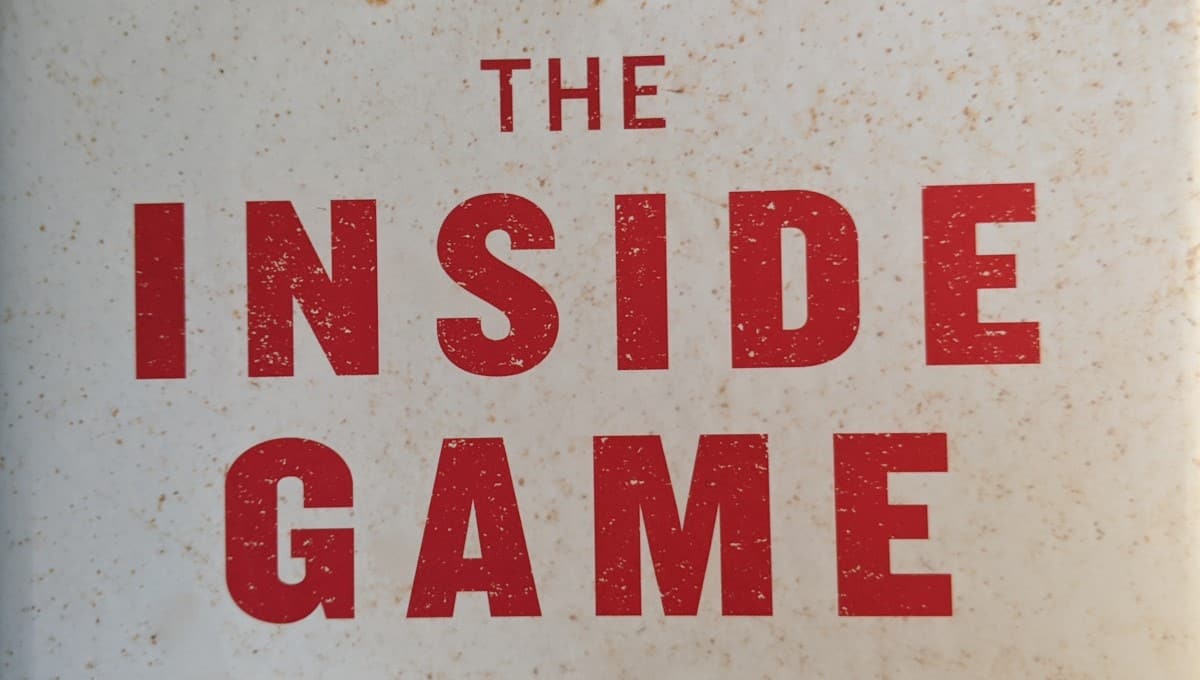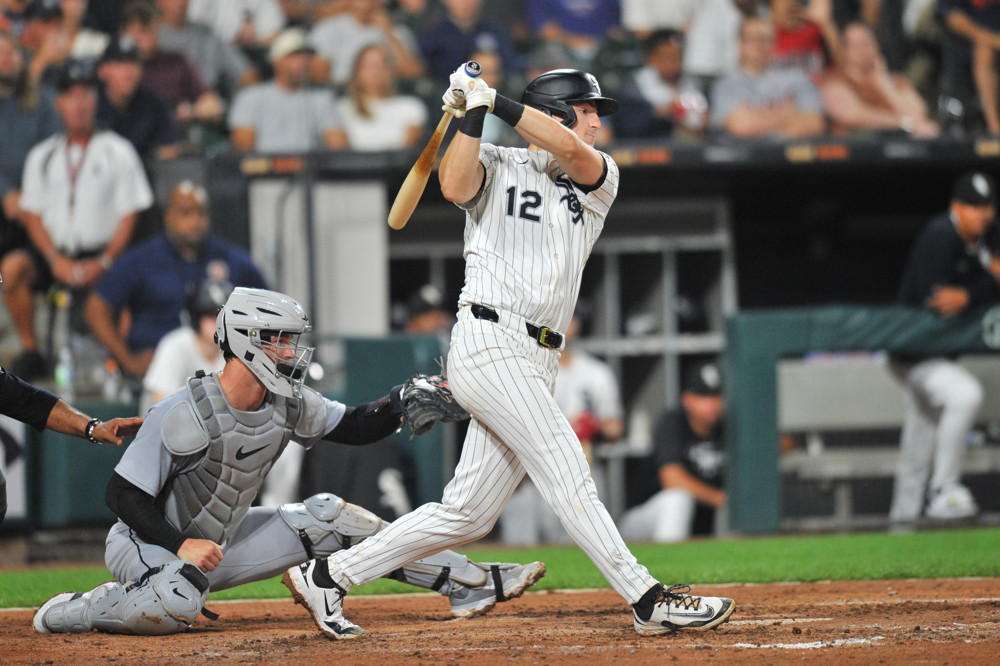Welcome to the third of four installments of the Sox Machine Book Club discussing Keith Law's "The Inside Game."
(Bookshop.org link; Sox Machine receives a portion of the proceeds.)
The first two parts:
And if you missed it, I discussed parts of the next three sections with Law on the Sox Machine Podcast.
Chapter 7 -- Cold Water on Hot Streaks -- Recency Bias and the Danger of Using Just the Latest Data to Predict the Future
This chapter delves into order biases, or how much the order of events itself can alter the way information is processed. There's primacy effect (the first impression), recency effect (remembering the last part of a sequence). Above these, Law emphasizes recency bias, which is giving undue weight to the most recent thing that happened, especially when it's not supported by the track record.
Law says these biases rear their heads in such cases as big contracts for fluke seasons (Gary Matthews Jr.), All-Star voting (strong starts by mediocre players), and the idea of the hot hand dictating playing time or leverage situations.
Fun fact: I deployed the serial-position effect in a column for The Athletic back in 2018 explaining why Rick Renteria received such favorable reviews after a 95-loss season:
That’s the name for the tendency to remember the beginnings and ends of lists while getting foggy about the details in the middle. The White Sox posted a winning record in April and a .500 record in September. The middle was a mess, especially after they turned over a quarter of the roster with deadline trades, but “Ricky’s Boys Don’t Quit” papers over a lot of the memory hole.
Renteria’s team cleared a low bar by plenty, and aside from an excessive amount of bunting, nobody could pin the reasons for the losing record on the manager himself. That’s why Renteria went 67-95 in his first season and still had fans thanking him.
Chapter 8 -- Grady Little's Long Eighth-Inning Walk: Status Quo and Why Doing Nothing Is the Easiest Bad Call
Law opens the chapter with an extensive rundown of Grady Little's disastrous decision to let Pedro Martinez pitch well into the eighth inning of Game 7 of the 2003 ALCS to explain status quo bias, or the preference for the way things are over the unknowns after a change. There are echoes of the discussion of impact aversion from Chapter 1 that go unsaid, but Law also introduces endowment effect and loss aversion -- the tendency to overvalue what we have, partially because it feels worse to lose $20 than to win $20. All of these go hand-in-hand in explaining why inaction tends to win the day, or why a bobblehead somebody got for free ends up on eBay for $120.
Besides referencing pitching changes (or lack thereof), Law says this heuristic is a major figure in trades that do and don't happen, as teams have a tendency to treasure their own prospects. We've seen that happen before, but it also manifests itself in another way specifically to the White Sox, and I'll mention it in the comments.
Chapter 9 -- Tomorrow, This Will Be Someone Else's Problem: How Moral Hazard Distorts Decision-Making for GMs, Coaches and More
In honor of the late Jerry Stiller, the next item on Law's airing of grievances is college coaches who overwork pitchers at the potential expense of their pro (and paid) careers.
Moral hazard occurs when the incentives of the actors are not aligned with the big picture. That's the college coach who makes money off college wins, not MLB contracts. That's the GM who signs a player to a 10-year deal, knowing that he might be out of his own job three years in. As Law writes, "You may make riskier choices if you know that your losses will be mostly or entirely covered by another party."
This was one point I discussed with Law two podcasts ago, because the White Sox might be the one front office that actually modifies its behavior to account for this. Ultimately Jerry Reinsdorf decides whether the Sox will sign Manny Machado or Bryce Harper for 10 years, but I have the sense that Kenny Williams and Rick Hahn aren't pounding the table with a shoe over it, because they're likely the ones who will have to work around any albatross five to nine years down the road.





